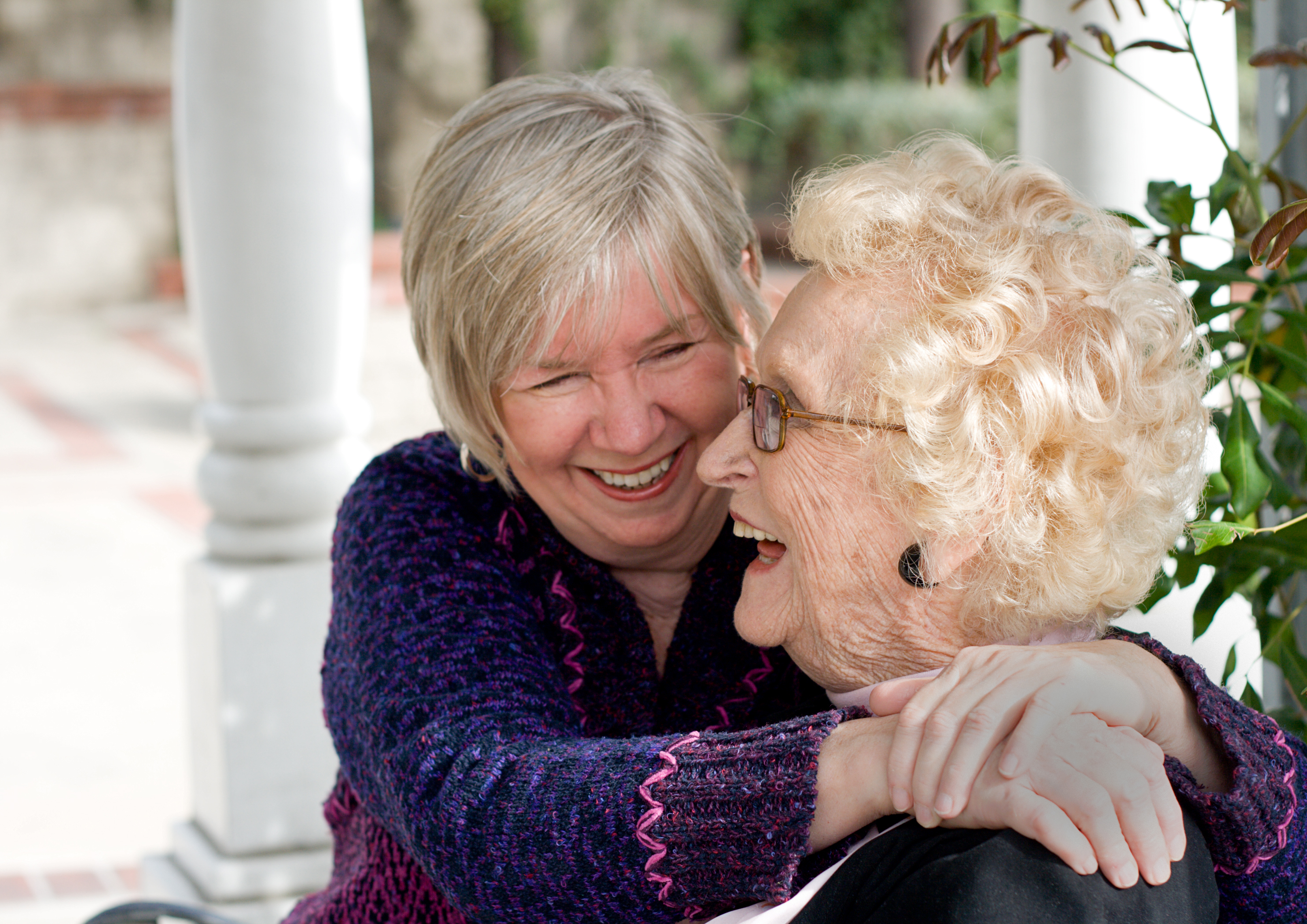Crossroads
Family Dynamics During a Senior Home Sale, Part 2
In this segment, Rebecca Bomann, CEO and founder of SASH Services, describes some typical roles that siblings and family members fall into during the...
Family Dynamics During a Senior Home Sale, Part 1
Family plays an outsized role during transitions. With all the stress, strife, and confusion for caregivers, it's easy to come apart at the seams with the family you love, particularly since it's the family home that's going to be sold. Rebecca Bomann, founder and CEO of SASH Services, joins Suzanne to explain a few things that happen to families during transitions so that you'll know what you're experiencing is normal.
Eight Tips for Selling Your Home in a Changing Market, Part 4
Rebecca Bomann, CEO and founder of SASH Services, shares some general sales statistics and summarizes her eight tips to make your home sale more successful in a changing real estate market.
Eight Tips for Selling Your Home in a Changing Market, Part 3
Rebecca Bomann, CEO and founder of SASH Services, provides more tips to make your home sale more successful. Sellers should expect these things in...
Eight Tips for Selling Your Home in a Changing Market, Part 2
Continuing from part 1, here are more tips to make your home sale more successful in a changing real estate market. 2) Study your competition. 3) Price in the sweet spot. 4) Broken should have a multifaceted marketing plan. 5) Interview potential real estate brokers.
Eight Tips for Selling Your Home in a Changing Market, Part 1
The real estate has shifted since May. You can still enjoy a successful change in your home sale, but a few expectations have changed. You can still sell a home within a few days, but you need to follow our tips to make that happen. The first tip: Presentation matters.
How Unscrupulous Family Members Exploit Seniors
This hour focuses on the major ways that senior homeowners can be taken advantage of through the process of selling their home. This final segment may surprise some listeners — one of the biggest sources of folks to take advantage of seniors are their own family members. The family should be there, advocating and having a loved one's best interests in mind, but that's not always the case. Some of the worst offenses come from their own family.
How Unscrupulous Real Estate Agents Exploit Seniors
This segment elaborates on ways that seniors can be taken advantage of by unscrupulous real estate agents. Rebecca Bomann, CEO and founder of SASH Services, joins Suzanne to discuss this topic. Rebecca has a lot of respect for her fellow agents, and there are a lot of really good real estate professionals in this industry. But like any industry, there are a few who are incompetent, insensitive, unscrupulous, or don't know how to address the special needs of senior home owners.
How Unscrupulous Home Flippers & Investors Exploit Seniors
This segment describes ways that unscrupulous house flippers and investors can take advantage of seniors. They're looking to get deals, to purchase a property for less than market value. But if you're 80 years old, hard of hearing, with family living out of town, and a flipper visits you using some of these strategies, it's disgraceful. Rebecca Bomann joins Suzanne to provide ways to offset this and protect yourself from these tactics.
How Unscrupulous Home Sellers Exploit Seniors
This hour focuses on ways that senior homeowners can be taken advantage of during the process of selling their home. This is the sale of their biggest asset to be able to pay for their care for the rest of their life, which they may have lived in for many decades, and the biggest financial transaction of their retirement years. Rebecca Bomann, CEO and founder of SASH Services, joins Suzanne to delve into this important topic for senior homeowners as well as their family members and caregivers.



















